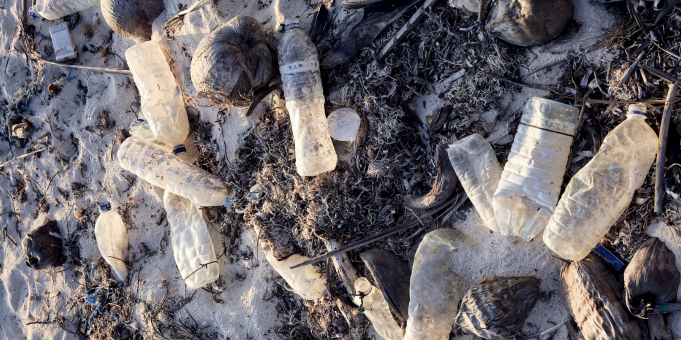Today, the Massachusetts State House Joint Committee on Telecommunications, Utilities, and Energy (TUE) were holding hearings on two important bills that will influence the state’s solid waste policy. We need you to send in written testimony in support of the two bills that were discussed at the hearing:
Better Bottle Bill
H. 3676 An Act to Update the Bottle Bill and H.3690 An Act to Expand the Bottle Bill make returning bottles compelling and convenient, makes producers pay for the cost of collecting, transporting, and recycling and sets goals and demands accountability. It creates the infrastructure and consumer culture to develop reusable and refillable beverage systems.
Massachusetts recycles 37% of its beverage containers, less than we did 30 years ago, a decade after Massachusetts enacted one of the first bottle bills in the nation. Despite the prevalence of curbside recycling, beverage bottle recycling has declined. And to add insult to injury, the cost of curbside recycling is soaring. In many communities municipal recycling costs now exceed trash removal costs.
Plastics are made of fossil fuels and toxic chemical additives. Recycling has failed because of the complexity of the waste stream. Only clean, uncontaminated plastics can be recycled. The bottles that don’t wind up along our roadways and coasts are sent to landfills and incinerators where they either break into microparticles and leach toxics into our waterways or release toxic volatiles and ash into the environment, contaminating the air we breathe and the water we drink, a dire problem for environmental communities where most of these facilities are sited.
Prohibition of Chemical Recycling
H. 3701 An Act Relative to Chemical Recycling would prohibit new staged combustion (pyrolysis, gasification, etc.) often called by the plastics industry Chemical or Advanced Recycling facilities, from being built to burn plastic in the Commonwealth. These facilities are always polluting, expensive, and don’t actually recycle much of anything.
The notion of chemical recycling, decomposing plastics to their basic building blocks, is a false solution. Experiments have shown that chemical recycling is not simply a reversible process.
Essentially, these plastics’ pyrolysis facilities melt and boil plastics into fuels and chemicals using energy inputs for the process which far outweigh the utility of the fuels and chemicals produced.
These facilities, which are promoted by the plastics industry, generate large quantities of hazardous waste, release hazardous pollutants and are generally located in communities of color and low-income communities.
We need to solve our plastic crisis by shutting off the plastic spigot, not burning our plastic waste.
Take Action Now
We encourage you to submit written testimony. It’s very easy to submit written testimony, via the new volunteer-built MAPLE system. We encourage you to sign up with MAPLE and use it for these bills and for others that you wish to support. This is a great opportunity for expanded citizen input to the legislative process.
Alternatively, you can follow the instructions on the hearing pages (TUE is holding two hearings) by submitting your testimony to Lexi.Concannon@masenate.gov and magdalena.garncarz@mahouse.gov by June 30.


Recently on Twitter